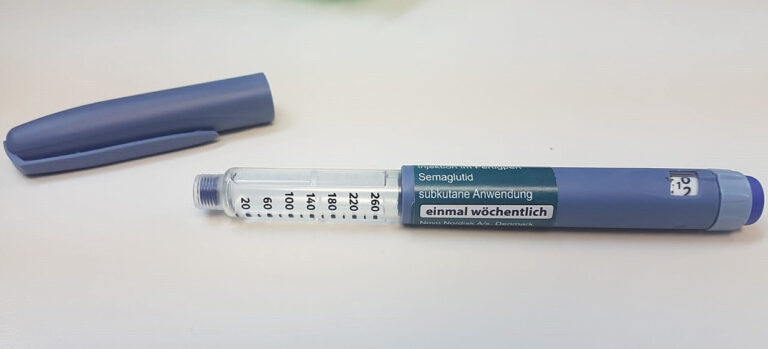Liquid Biopsies are non-invasive diagnostic tests that analyze biological fluids (most commonly blood) to detect and measure disease-related biomarkers, such as circulating tumor DNA (ctDNA), circulating tumor cells (CTCs), or exosomes. This represents a significant shift from traditional tissue biopsies, which are invasive, painful, and provide only a static snapshot of a tumor. The primary applications of Liquid Biopsies in oncology include early cancer detection in high-risk individuals, monitoring treatment response in real-time, detecting minimal residual disease (MRD) after treatment, and tracking molecular resistance to targeted therapies.
The increasing sensitivity and cost-effectiveness of next-generation sequencing (NGS) and molecular assays are making liquid biopsies a routine clinical tool. In 2025, the focus is expanding beyond oncology into prenatal diagnostics, infectious disease monitoring, and transplant rejection surveillance, revolutionizing disease management by providing actionable, longitudinal molecular data.


